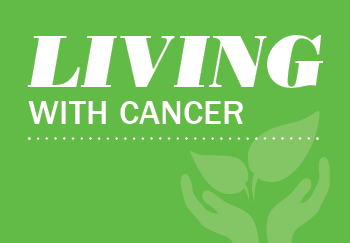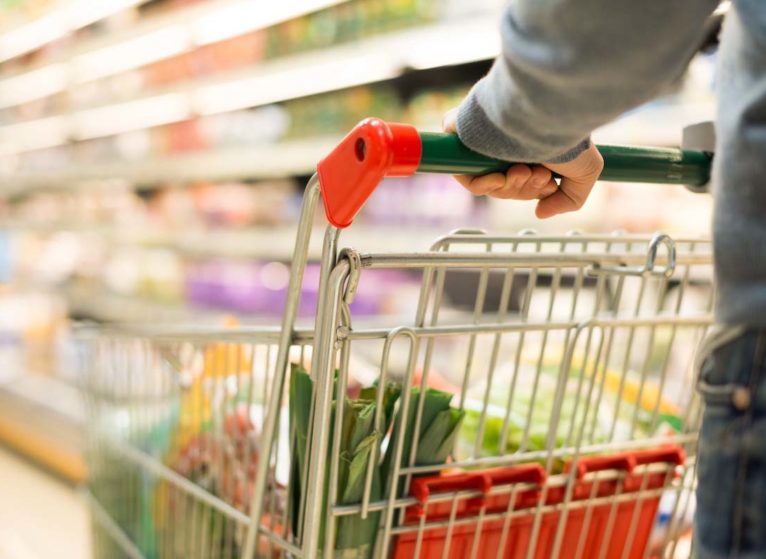
No matter what kind of cancer treatment you’re undergoing, you may find that eating normally is problematic. Food issues can arise at any meal, for a variety of reasons, ranging from mouth sores to a general change in taste. Whether you’re going through radiation, surgery or chemotherapy, here are five categories of food for cancer patients to avoid.
Drinks to Avoid
If you’re suffering from constipation from medication or diarrhea from chemo, definitely avoid fizzy drinks such as soda and energy drinks, as they can give you gas. Give your mouth tissues a break, too, by avoiding acidic drinks like lemonade or orange juice that can burn a sore mouth. As well, alcoholic drinks, coffee and tea all dry out the mouth, according to the National Institute of Dental and Craniofacial Research, and make thick saliva and mouth or throat sores worse. When drinking, use a straw, so liquids bypass your inflamed mouth tissues. You can try ice chips to soothe pain and take small sips of water throughout the day to stay hydrated.
“Overly” Foods
Nausea caused by chemotherapy can hit soon after treatment. According to the American Cancer Society, any foods that are overly “anything” such as too rich, too sweet, too greasy, too spicy, too creamy or even foods that are too strong smelling (think fried fish, cream pie, spicy chili or hot wings) will send your stomach into flip-flops. Keep your foods choices simple to avoid nausea. Remember the acronym BRAT, which stands for banana, rice, applesauce and toast, when meal planning.
Raw or Unpasteurized Food
During cancer treatment, and especially the week after chemotherapy rounds, your immunity is often lowered, and you may be more susceptible to food-borne illnesses, according to the American Society of Clinical Oncology (ASCO). Avoid foods that can harbor harmful bacteria, such as unpasteurized (raw) milk and cheeses, raw sprouts such as alfalfa sprouts, raw or undercooked meats, unwashed or bruised fruits and vegetables, shellfish of any kind, sushi and sashimi containing raw fish, salads with egg, ham, chicken, or seafood served outdoors and any foods containing raw eggs such as raw cookie dough. During the months of cancer treatment, bring your own food to outdoor picnics and parties so you know what’s in it and how it was prepared.
Dry and Crunchy Foods
When cancer treatment wears you out, you may nibble some crackers, nuts or chips that you used to love. But these hard, salty snacks can irritate your mouth, especially if you already have mouth sores or dryness. Also, these snack items are empty calories taking the place of more nutritious foods that might help you feel better. When the hankering for salty snacks strikes, satisfy it with some comforting light toast with butter or some noodles and clear broth instead.
Foods With That Metallic Aftertaste
You know the experience of putting something you love to eat in your mouth that instantly turns bitter and metallic, especially in the aftertaste. Some chemotherapy drugs and even radiation to the head and neck often cause this change in taste. This tends to happen with meat or high-protein foods, according to the American Society of Clinical Oncology. Combat the metallic taste by using plastic utensils instead of metal, and if that doesn’t work, avoid those foods until treatment ends. Mints or chewing gum can also alleviate this discomfort.
There aren’t any hard and fast rules about food for cancer patients. How different meals affect you on any given day during cancer treatment is as personal as your fingerprint, so talk to your doctor about diet concerns.

